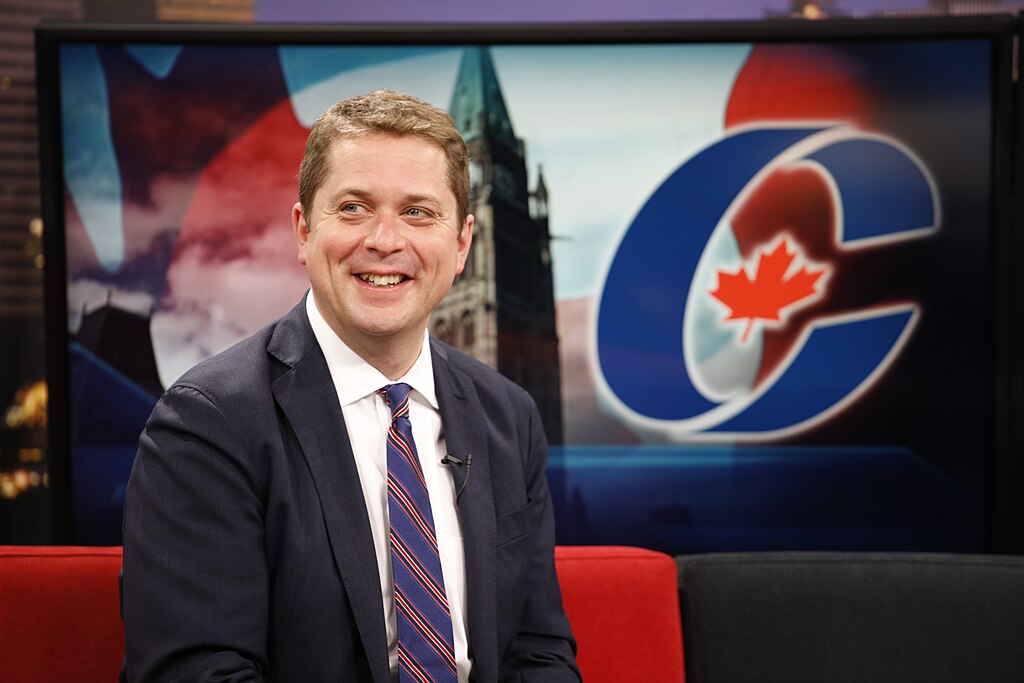Cet article a été initialement publié dans le magazine Macleans (08/03/2010)
So where were we? Ah yes. "It being 8:03 p.m.," acting speaker Barry Devolin told the Commons on Dec. 10, "pursuant to an order made earlier today, the House stands adjourned until Monday, Jan. 25, 2010, at 11 a.m., pursuant to Standing Orders 28(2) and 24(1).
Devolin believed that to be true when he spoke. But 20 days later the Governor General prorogued the second session of the 40th Parliament, so your MPs are going to try it all over again when they return for the third session on March 3.
A lot has happened since then. It's been a while since I threw a bunch of polling numbers at you, so maybe you'll indulge me today. Before Christmas I interviewed one of Michael Ignatieff's new helpers who had moved into the Office of the Leader of the Opposition along with the Liberal boss's new chief of staff, Peter Donolo. This person said the Liberals' immediate goal was to move to within a point or two of the Conservatives by spring. I nodded politely. Good luck with that.
The then-latest Ekos poll showed the Liberals 9.2 points behind the Conservatives. As I write this, the latest Ekos shows that lead has shrunk to 1.2 points. Asked whether the Harper government is on the right track, Canadians now respond "no" by 48 per cent to 41 per cent. In December they were saying "yes" by 45 per cent to 44.
This turnaround is entirely due to Michael Ignatieff's bold and inspiring leadership. Just kidding. No, the news from that other popular Ottawa pollster, Nik Nanos, is less than encouraging for the Liberal leader: while Harper lost 2.8 points as "best Prime Minister" from November to February, falling to 32 per cent, Ignatieff fell 1.6 points in the same period to a dismal 16.1. That's now fully two points behind the NDP's Jack Layton.
And yet. Unappreciated and, one suspects, unnoticed by most Canadians, the Liberal leader has begun to move smartly to make himself and his party more relevant and more responsive to Canadian voters. Ignatieff spent 2009 looking rattled, uncertain, by turns timid and reckless. His recent behaviour suggests he surrounded himself well when he reached out to Donolo and crew last October.
Don't take any of this as an endorsement of Ignatieff or a prediction of success for him. This corner's crystal ball remains prorogued. But it is beginning to look as though the Conservatives can no longer depend on Ignatieff to do quite so much of their work for them.
First came the Liberal response to the prorogation itself. At first they seemed caught flat-footed by Harper's decision. Protest came from outside Parliament and outside institutional politics, with a Facebook group and some modestly successful street protests leading the way. But the Liberals did respond, beginning in late January, with a series of round-table discussions on Parliament Hill on issues like jobs, veterans and health care. Under the rubric "Liberals Are Working," they allowed Liberal MPs to catch up, for real, on some complex issues, and to show the country footage of themselves with brows furrowed, neckties loosened, hard at work.
Then, twice in February, Ignatieff took the initiative. Not with the sort of brinkmanship that was his predecessor Stéphane Dion's stock in trade (the coalition, the Green Shift) or that used to be his own (last September's "your time is up" attempt to force an election), but with a couple of modest, pragmatic forward steps.
First Ignatieff wrote to Harper with an agenda for the new parliamentary session. The seven-page letter contained proposals under 12 subject headings, including job creation, climate change, pension reform and support for veterans. This wasn't an election manifesto, and Ignatieff was quick to say it wasn't an ultimatum either. The Liberals are in no mood to force an election if Harper rejects any of their to-do list. Probably he'll reject some of it and poach the rest for himself. That's the life of an opposition leader. But at least it will be harder now to say Ignatieff has no ideas and nothing to propose.
Ignatieff's next move came four days later, after Lucien Bouchard told a Montreal conference he didn't expect Quebec to secede in his lifetime. This prompted an open letter to Quebecers over Ignatieff's signature. "Mr. Bouchard had the courage to say what many have been thinking deep down. Instead of passively waiting for a so-called 'historic night,' it is crucial that Quebecers actively participate in the changes happening within Canada," Ignatieff wrote. "They must get involved in shaping the Canada of tomorrow."
The Harper Conservatives earned themselves an audience with Quebecers when Harper delivered a major, substantive speech in Laval on Dec. 18, 2005. I waited for Stéphane Dion to do something similar and was amazed when he never did. Ignatieff's letter is thin. He wants Canada to be "the best educated country in the world," "the most educated," and "the most energy efficient." Details will come after his "thinkers' conference" in Montreal in March, an event that holds both promise and danger for the Liberals.
None of this is magic and, again, most of it appears to have escaped Canadians' attention. Ignatieff spent a year frittering away Canadians' benefit of the doubt. He can't be sure he will win it back. But he did better work during this forced break than at any time since he became leader.
Maclean's March 8, 2010

 Partager sur Facebook
Partager sur Facebook Partager sur X
Partager sur X Partager par Email
Partager par Email Partager sur Google Classroom
Partager sur Google Classroom


